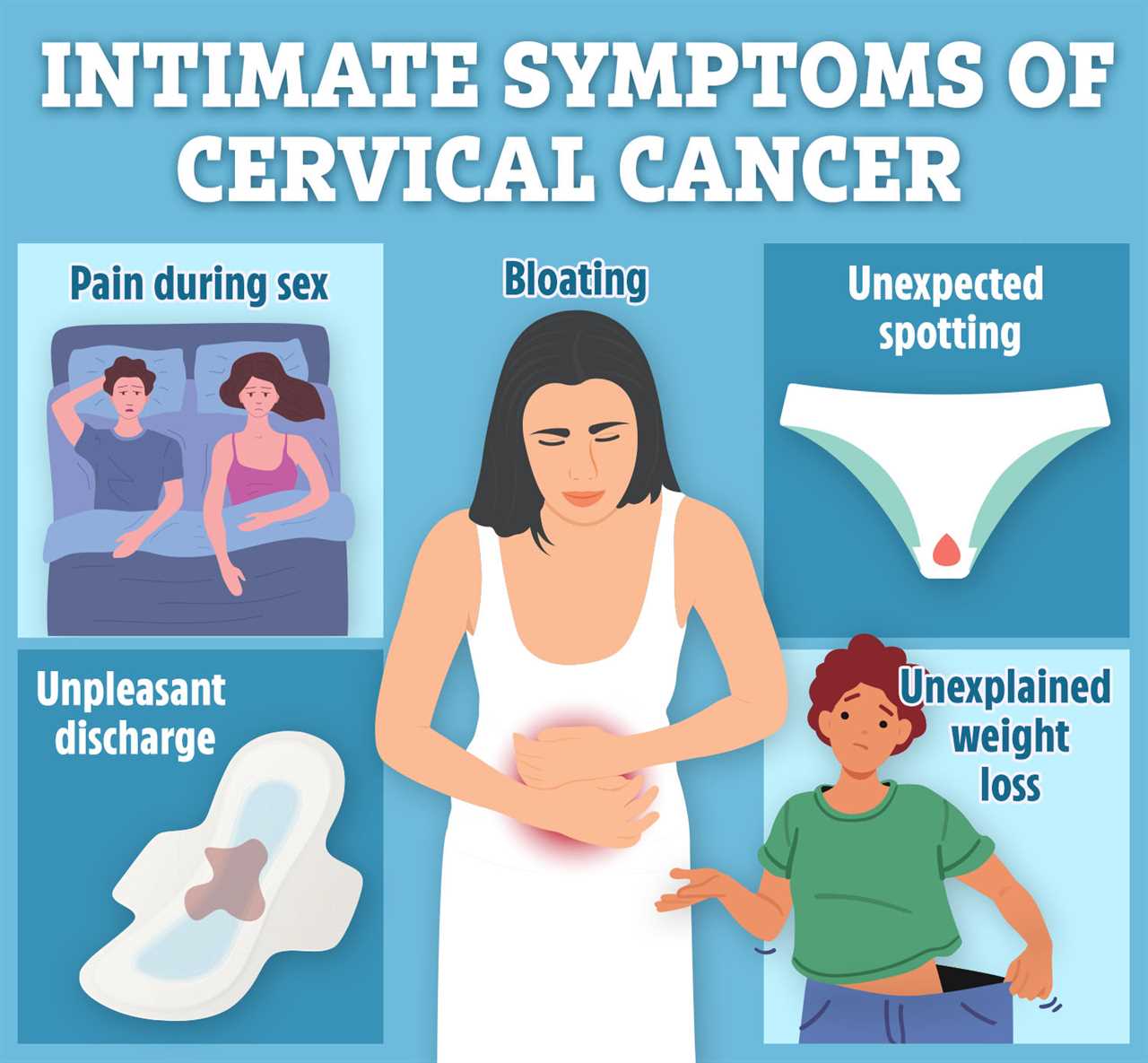
In a significant move, millions of women in England will see a shift in the frequency of NHS cervical screening tests, aligning with innovative clinical approaches. This change, set to commence on July 1, follows Scotland and Wales in adopting a more personalised screening schedule. The decision to extend the screening interval for younger women, based on substantial clinical evidence, aims to balance efficacy with reducing the burden on individuals. This transformation reflects a broader trend towards tailored healthcare interventions.
Enhancing Precision and Accessibility
By extending the screening interval from three to five years for women under 50, the NHS aims to offer a more nuanced approach to cervical cancer detection. This strategy, rooted in clinical data, signifies a pivotal shift towards personalised care, ensuring resources are optimally utilised while maintaining a high standard of cancer prevention. The decision to align with international practices from countries like Australia, the Netherlands, and Sweden highlights a global trend towards evidence-based screening strategies.
Empowering Individuals Through Knowledge
The evolution of cervical screening not only underscores advancements in medical research but also the empowerment of individuals in managing their health. Michelle Mitchell, from Cancer Research UK, emphasises the role of research and HPV vaccination in reducing cervical cancer rates. This shift towards longer intervals between screenings is a testament to the progress made in cancer prevention and highlights the importance of proactive health management. Education and awareness remain crucial in encouraging individuals to take charge of their health.
Addressing Barriers to Screening Uptake
Despite the progress in screening protocols, challenges in uptake persist. The introduction of at-home screening tests, slated for rollout in England from early 2026, represents a proactive step in addressing barriers such as convenience and discomfort associated with traditional screenings. The King's College London YouScreen trial showcases the potential of DIY kits in increasing screening participation, particularly among demographics with lower uptake rates. This innovative approach aligns with a broader effort to make healthcare services more accessible and user-friendly.

While the shift in NHS cervical screening marks a significant milestone in cancer prevention, it also prompts reflection on the intersection of medical advancements and individual agency. As healthcare systems strive to balance clinical efficacy with personalised care, the evolving landscape of screening practices offers a glimpse into a future where preventive medicine is tailored to individual needs. By embracing innovation and inclusivity, the journey towards optimal health outcomes becomes a collaborative effort between healthcare providers and empowered individuals.






